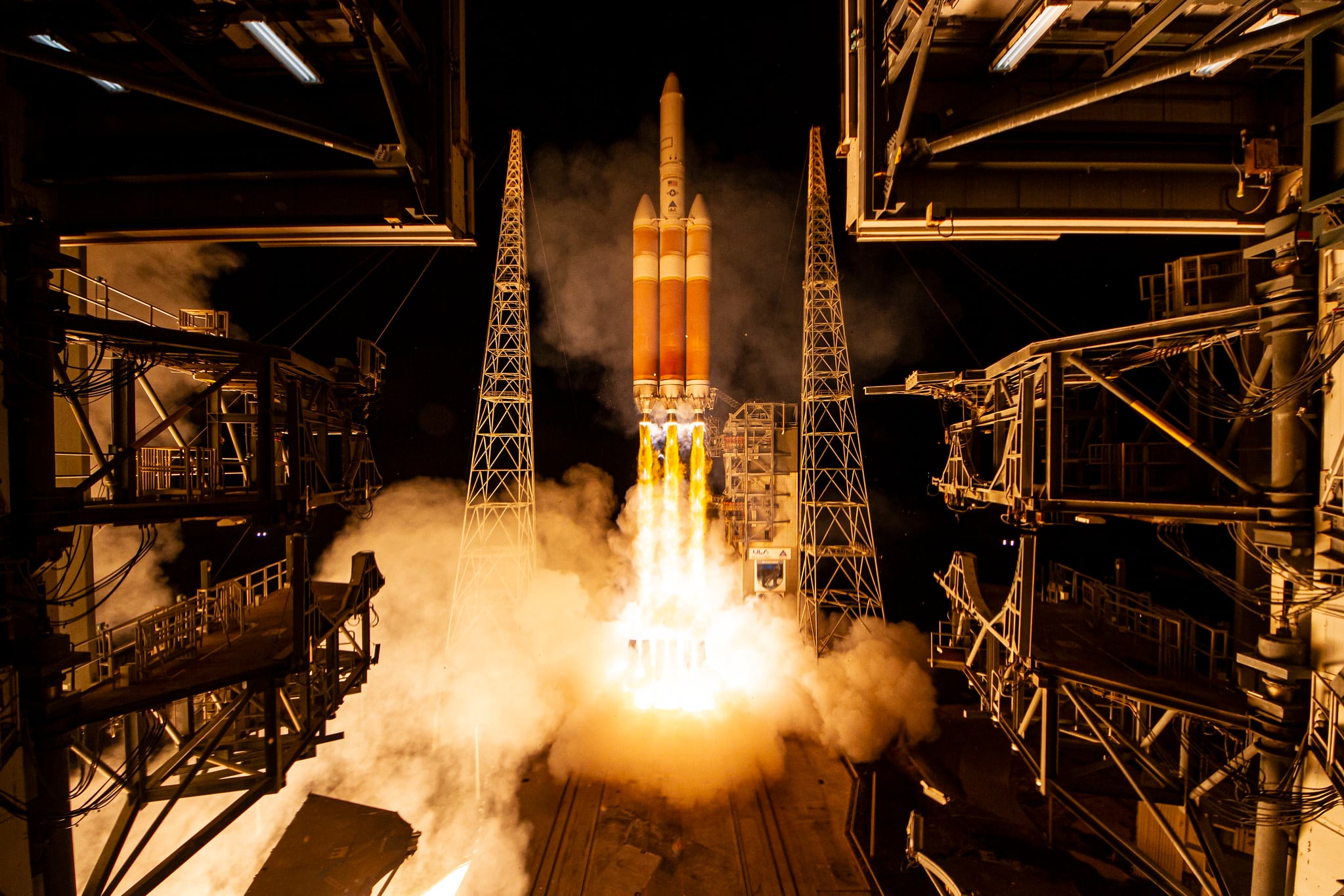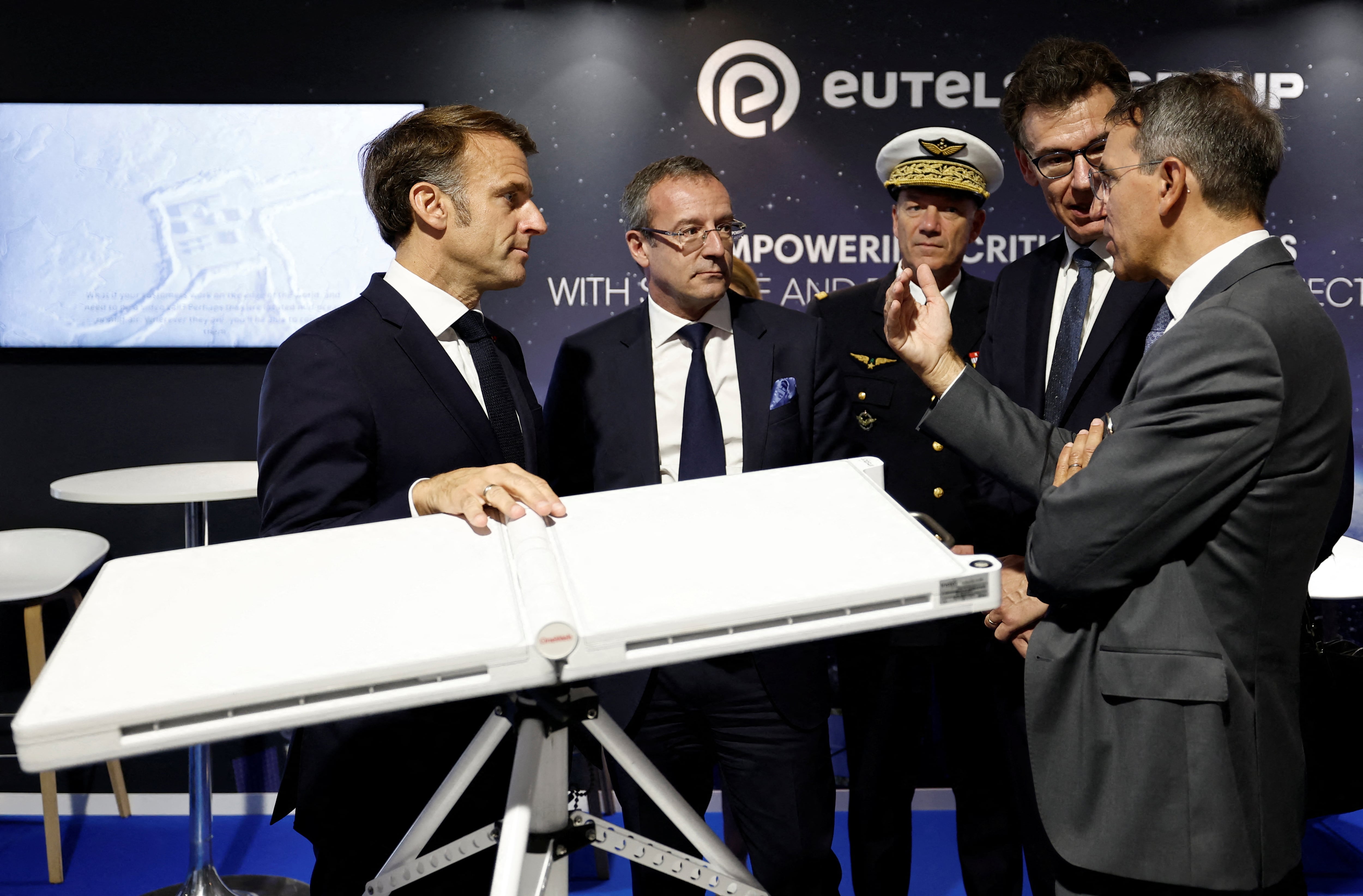WASHINGTON ― Following three months of delays, the National Reconnaissance Office successfully launched its fifth mission of 2020 on Dec. 10 from the renamed Cape Canaveral Space Force Station.
“We are proud to launch NROL-44 alongside our partners at ULA [United Launch Alliance], the 45th Space Wing, and the U.S. Space Force Space and Missile Systems Center,” said U.S. Air Force Colonel Chad Davis, director of the NRO’s Office of Space Launch. “This launch is a testament to the resilience and expertise of our launch teams, who have worked together to troubleshoot issues to make this launch possible.”
While ULA’s Delta IV Heavy launch vehicle put several large NRO payloads on orbit over the last decade, issues with the mission launch pad and inclement weather led to several last-minute scrubs. After months of persistence, however, the launch team was finally able to complete the mission — three months after their original launch date in late August.
“We are honored to launch the first payload from the newly renamed Cape Canaveral Space Force Station. I want to thank our mission partners for their collaboration and teamwork as we worked through technical challenges that culminated in the launch of this critical national security payload,” said Gary Wentz, ULA’s vice president of government and commercial programs. “The Delta IV Heavy again demonstrated its success as the nation’s proven heavy-lift vehicle, through its unique capability to deliver this mission to orbit due to a combination of performance and fairing size.”
The NRO is charged with developing, procuring and operating America’s intelligence satellites, while the agency noted that the rocket carried a classified national security payload designed and built by the NRO, it did not reveal details of the payload’s capabilities. The classified payload arrived in Florida in late July and was integrated with the rocket in early August.
“Data collected by NRO’s national security systems are used to provide intelligence to United States’ senior policy makers, the intelligence community and Department of Defense, as well as U.S. allied partners,” the agency explained in a statement. “Data collected by NRO systems can also be used to assist emergency and disaster relief efforts in the U.S. and around the world.
The agency’s next mission, NROL-108, is expected to launch later this month from Kennedy Space Center.
Nathan Strout covers space, unmanned and intelligence systems for C4ISRNET.








